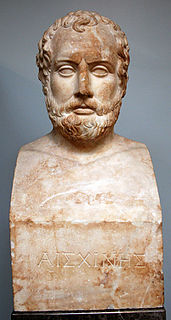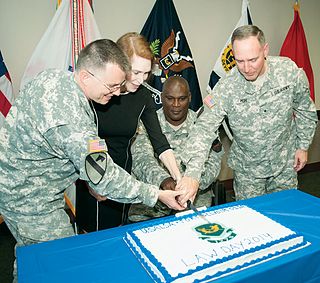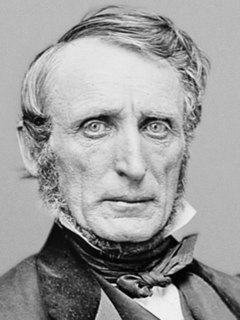A Quote by Aeschines
Be assured, fellow citizens, that in a democracy it is the laws that guard the person of the citizen and the constitution of the state, whereas the despot and the oligarch find their protection in suspicion and in armed guards.
Related Quotes
The laws are, and ought to be, relative to the constitution, and not the constitution to the laws. A constitution is the organization of offices in a state, and determines what is to be the governing body, and what is the end of each community. But laws are not to be confounded with the principles of the constitution; they are the rules according to which the magistrates should administer the state, and proceed against offenders.
In the Laws it is maintained that the best constitution is made up of democracy and tyranny, which are either not constitutions at all, or are the worst of all. But they are nearer the truth who combine many forms; for the constitution is better which is made up of more numerous elements. The constitution proposed in the Laws has no element of monarchy at all; it is nothing but oligarchy and democracy, leaning rather to oligarchy.
A critical, independent and investigative press is the lifeblood of any democracy. The press must be free from state interference. It must have the economic strength to stand up to the blandishments of government officials. It must have sufficient independence from vested interests to be bold and inquiring without fear or favour. It must enjoy the protection of the constitution, so that it can protect our rights as citizens.
To suppose arms in the hands of citizens, to be used at individual discretion, except in private self-defense, or by partial orders of towns, counties or districts of a state, is to demolish every constitution, and lay the laws prostrate, so that liberty can be enjoyed by no man; it is a dissolution of the government. The fundamental law of the militia is, that it be created, directed and commanded by the laws, and ever for the support of the laws.
Your constitution guarantees to every citizen, even the humblest, the enjoyment of life, liberty, and property. It promises to all, religious freedom, the right to all to worship God beneath their own vine and fig tree, according to the dictates of their conscience. It guarantees to all the citizens of the several states the right to become citizens of any one of the states, and to enjoy all the rights and immunities of the citizens of the state of his adoption.
If the state cannot be entirely composed of good men, and yet each citizen is expected to do his own business well, and must therefore have virtue, still inasmuch as all the citizens cannot be alike, the virtue of the citizen and of the good man cannot coincide. All must have the virtue of the good citizen - thus, and thus only, can the state be perfect; but they will not have the virtue of a good man, unless we assume that in the good state all the citizens must be good.
Some things the legislator must find ready to his hand in a state, others he must provide. And therefore we can only say: May our state be constituted in such a manner as to be blessed with the goods of which fortune disposes (for we acknowledge her power): whereas virtue and goodness in the state are not a matter of chance but the result of knowledge and purpose. A city can be virtuous only when the citizens who have a share in the government are virtuous, and in our state all the citizens share in the government.
The duty of the State toward the citizen is the duty of the servant to its master.... One of the duties of the State is that of caring for those of its citizens who find themselves the victims of such adverse circumstances as makes them unable to obtain even the necessities for mere existence without the aid of others.... To these unfortunate citizens aid must be extended by government--not as a matter of charity but as a matter of social duty.
Our founding fathers detested the idea of a democracy and labored long to prevent America becoming one. Once again - the word 'democracy' does not appear in the Declaration of Independence, the Constitution of the United States, or the constitution of any of the fifty states. Not once. Furthermore, take a look at State of the Union speeches. You won't find the 'D' word uttered once until the Wilson years.
It was during the eighteenth century - a period of boastful satisfaction with the nice balances within the English constitution - that Englishmen came to accept the Whig view of the utility of an armed citizenry. The armed citizen was not only affirmed to be protecting himself but, together with his fellows, provided the ultimate check on tyranny.
All from other lands, who by the terms of [congressional] laws and a compliance with their provisions become naturalized, are adopted citizens of the United States; all other persons born within the Republic, of parents owing allegiance to no other sovereignty, are natural born citizens. Gentleman [sic] can find no exception to this statement touching natural-born citizens except what is said in the Constitution relating to Indians.
I regard the state of which I am a citizen as a public utility, like the organization that supplies me with water, gas, and electricity. I feel that it is my civic duty to pay my taxes as well as my other bills, and that it is my moral duty to make an honest declaration of my income to the income tax authorities. But I do not feel that I and my fellow citizens have a religious duty to sacrifice our lives in war on behalf of our own state, and, a fortiori, I do not feel that we have an obligation or a right to kill and maim citizens of other states or to devastate their land.








































